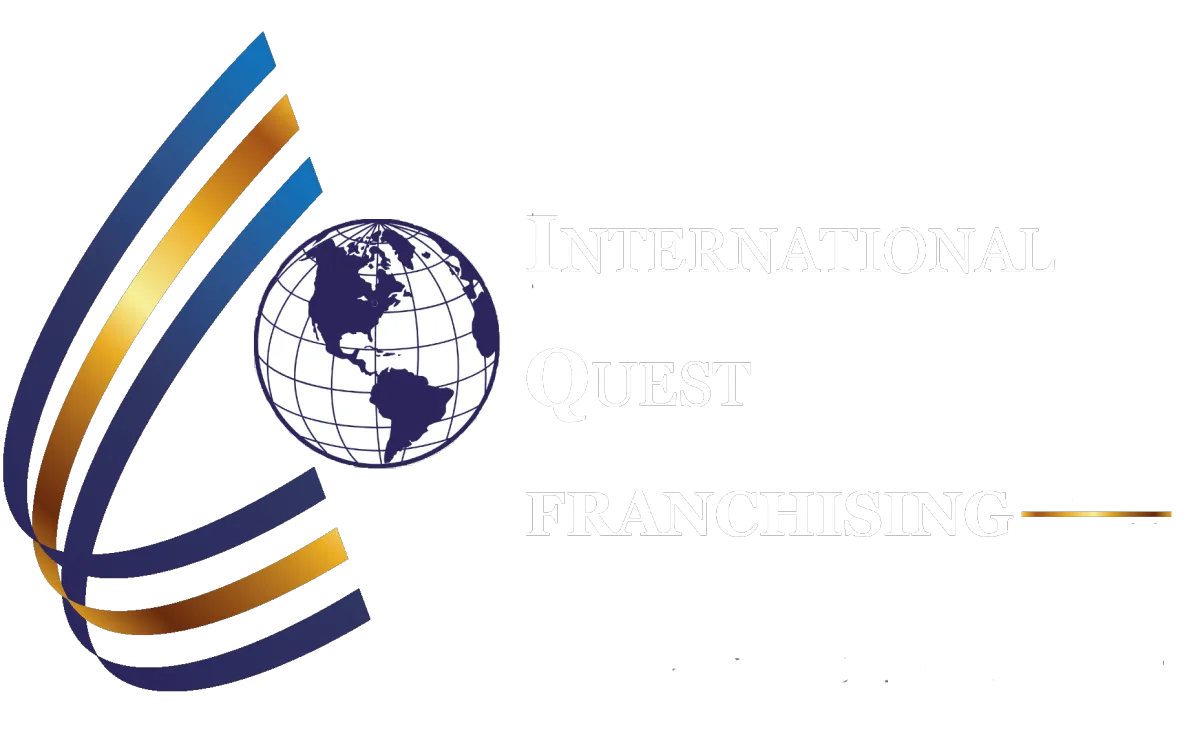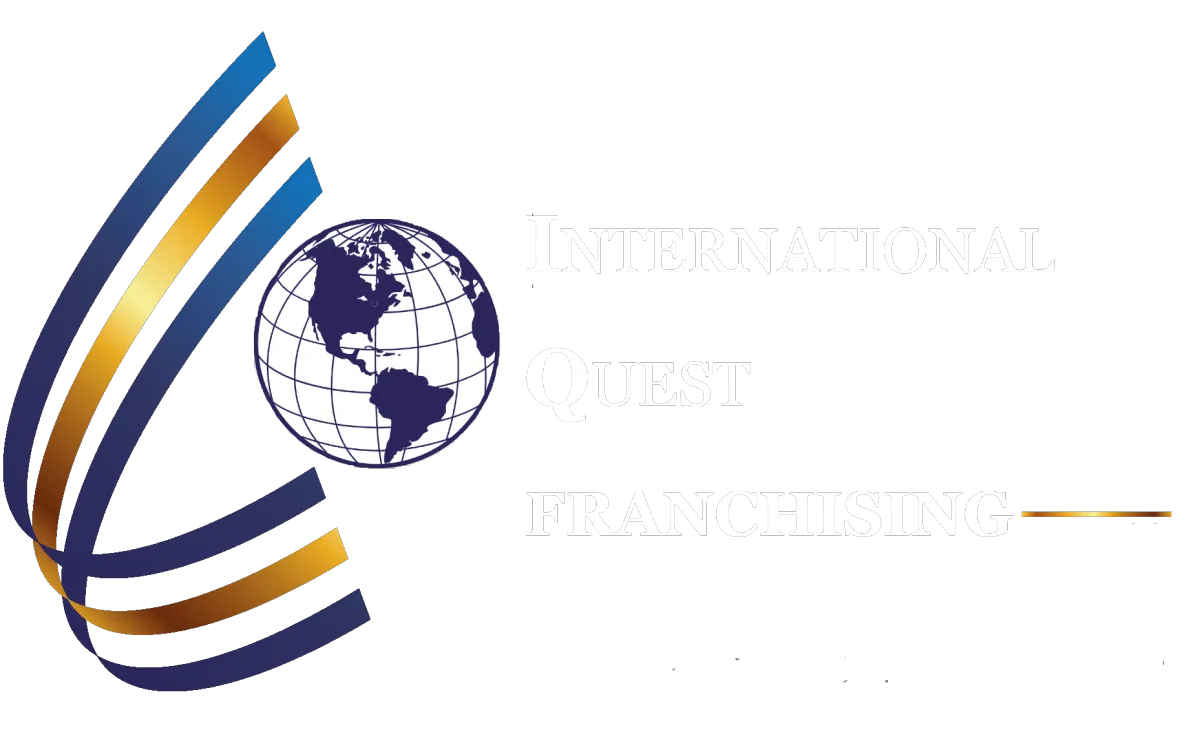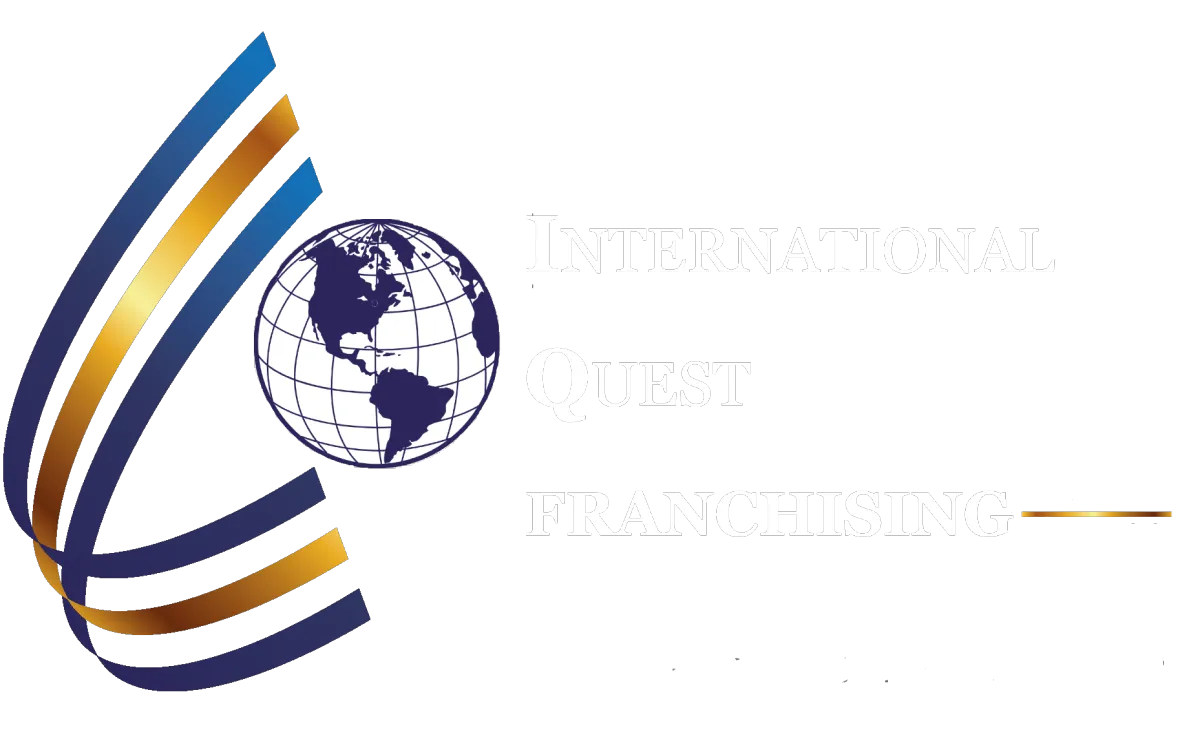Transforming Your Business Through Expert Franchise Development


3 Main Reasons Entrepreneurs Franchise
Why Smart Entrepreneurs Choose Franchising to Scale Faster
Expanding a business is challenging, and every entrepreneur faces the same dilemma—how to grow efficiently without overstretching resources, taking on excessive risk, or losing control. Franchising offers a strategic solution, enabling businesses to scale rapidly while leveraging the investment, expertise, and motivation of independent franchise owners.
Experts have identified three key reasons why business owners turn to franchising:
Resource-Scarcity Theory (using franchisee resources): Overcoming resource limitations by tapping into franchisees' capital, talent, and local market knowledge to accelerate growth.
Risk-Sharing Theory (sharing risks with franchisee): Sharing risks for smarter expansion by having franchisees invest in their own locations, reducing the financial and operational burden on the franchisor.
Agency Theory (reducing management costs & conflicts): Maintaining control while scaling. Franchisees have a vested interest in success, ensuring brand standards are upheld without costly oversight.
It is likely that one or more of these 3 theories resonates with your current expansion dilemma. If you're looking to expand but facing roadblocks, then you should contact us. Together, we can explore how to unlock your business’s full potential and determine if franchising is right for you.
Resource Scarcity Theory
Franchising serves as a strategy to overcome limitations that your business might face when trying to expand at a rate beyond what is possible only using internally generated resources; particularly access to scarce resources that are needed in order to rapidly expand to gain market share. Franchising taps into the resources of independent "co-entrepreneurs" (franchisees), and accelerate your businesses' growth across a decentralized network. This strategic approach expands your business footprint, capitalizes on local market insights, gains market share and achieves economies of scale. Franchising creates the ability to compete effectively against more established businesses.
Scarace Resources Access:
Access to Capital: Franchisees invest their own funds, reducing the need for the franchisor to secure capital for expansion.
Managerial Talent: Franchisees often bring strong local management skills, reducing the burden on the franchisor to recruit and train managers for each new location.
Local Market Knowledge: Franchisees typically possess a deep understanding of their local markets, enabling the franchisor to adapt its business model to diverse environments effectively.
Risk-Sharing Theory
Franchising is a mutually beneficial arrangement where both parties contribute and benefit from their respective expertise and resources, while distributing risks and rewards in a structured manner.
Risk Allocation: Expand without bearing all the financial and operational risks associated with opening new locations.
Financial Risk: Franchisees invest their own capital into the business, reducing the financial burden on the franchisor.
Operational Risk: While franchisees manage day-to-day operations, they follow a proven business model and receive support (e.g., training, marketing, supply chain) from the franchisor. This helps mitigate operational risks for both parties.
Reward Sharing: Successful franchises benefit both the franchisor (through royalty payments and brand expansion) and the franchisee (through profitability and the use of a recognized brand).
Motivation Alignment: Franchisors have an interest in supporting franchisees to ensure their success, as it directly impacts the brand's reputation and overall performance.
Agency Theory
The agency theory relationship is considered a hybrid system in which the franchisor tries to maximize the value of the chain while reducing the supervision costs to a minimum. Agency Theory addresses the challenges that arise due to the separation of ownership and control, where the franchisor relies on the franchisee to operate the business according to its standards. The theory helps in understanding how to align the interests of both parties to ensure a successful partnership.
Benefits include:
Supervisory Control: Franchisors can monitor and evaluate franchisee performance to maintain brand standards and operational efficiency.
Alignment of Objectives: Mechanisms such as franchise agreements and performance incentives help ensure that franchisees' goals are aligned with those of the franchisor.
Risk Mitigation: Franchisees bear the operational risks, while the franchisor focuses on brand development and support, reducing the overall risk for the franchisor.
Resource Efficiency: Franchisors leverage franchisees’ local knowledge and resources, leading to more efficient use of capital and management resources.
Brand Consistency: Uniform policies and training provided by the franchisor ensure consistent customer experiences across different franchise locations.
Franchisors can eliminate or reduce many supervision costs because the franchisee is necessarily stimulated to obtain the best possible results for recouping the initial investments and generate a high profit margin, which also benefits the franchisor’s results. Thus, franchising largely alleviates the franchisors’ need for costly observation of employed managers to efficiently “manage” a locations profitability on continual basis.

Our mission
Empowering small business growth through franchising - creating great communities everywhere!
Copyright © 2025 International Quest Franchising, LLC. All Rights Reserved
Privacy Policy | Terms & Conditions